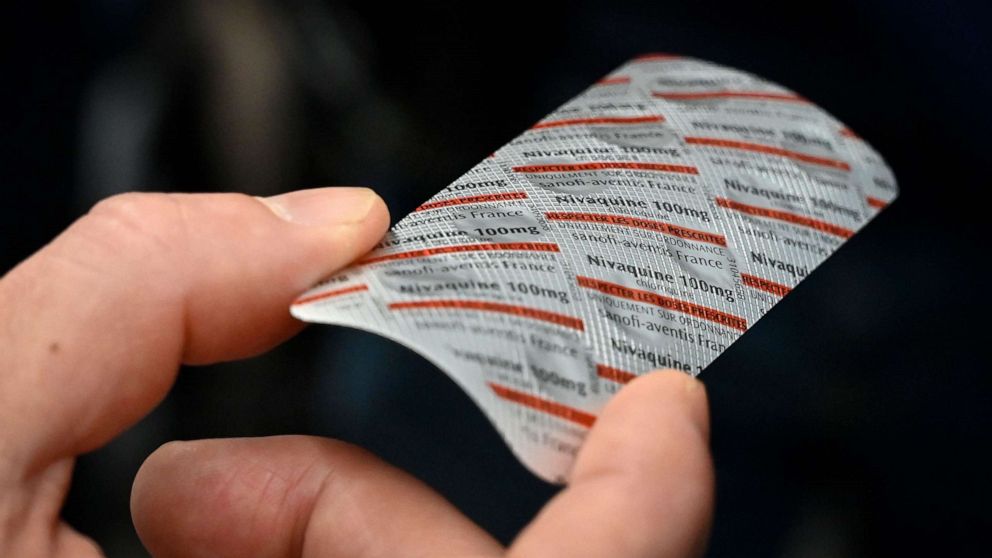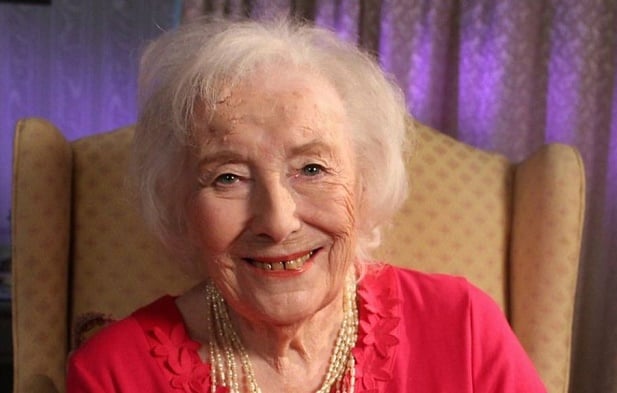The World Health Organisation (WHO) says it is stopping hydroxychloroquine solidarity trial for the treatment of COVID-19 patients.
This comes three days after the United States Food and Drug Administration (FDA) withdrew its approval for the emergency use of hydroxychloroquine and chloroquine, saying they may not be effective for the infection.
WHO said evidence has shown that hydroxychloroquine, an anti-malaria drug, does not reduce the mortality rate of COVID-19.
“The Solidarity Trial’s hydroxychloroquine arm is being stopped, on the basis of evidence showing it does not reduce mortality for hospitalised #COVID19 patients,” it said.
Advertisement
The Solidarity Trial's hydroxychloroquine arm is being stopped, on the basis of evidence showing it does not reduce mortality for hospitalised #COVID19 patients.
— World Health Organization (WHO) (@WHO) June 17, 2020
Advertisement
WHO earlier suspended the trial on the use of the drug for the treatment of COVID-19 patients after a study published by The Lancet claimed chloroquine had no positive effect on the treatment of COVID-19 among 96,032 sampled patients.
The study also reported a higher mortality rate among those who used the drug.
But on June 3, the organisation made a U-turn and said it was resuming clinical trial of the drug.
This was after a report revealed that the clinical trial of the drug was suspended based on questionable data.
Advertisement
Tedros Ghebreyesus, the WHO director-general, said findings by the WHO data safety monitoring board revealed that there was no reason to discontinue the trial after reviewing available data on the drug.
However, another drug, dexamethasone has been described as a breakthrough in the fight against the deadly disease.
Medical researchers from Oxford University said dexamethasone, a steroid widely-used for the treatment of rheumatoid arthritis and asthma, can help high-risk COVID-19 patients recover fast.
Reacting, WHO described the development as a “very welcome news” for those patients with severe illness.
Advertisement
It said it has started to coordinate a meta-analysis pooling data from several clinical trials “to increase our understanding of this intervention”.
“And, we will update our clinical guidance to reflect how and when dexamethasone should be used to treat COVID-19,” the global health agency said.
Advertisement
Add a comment






